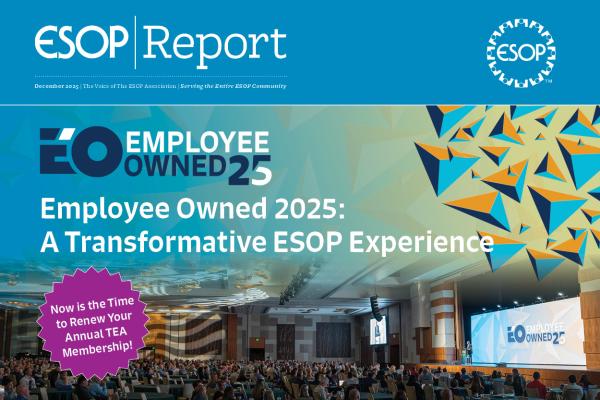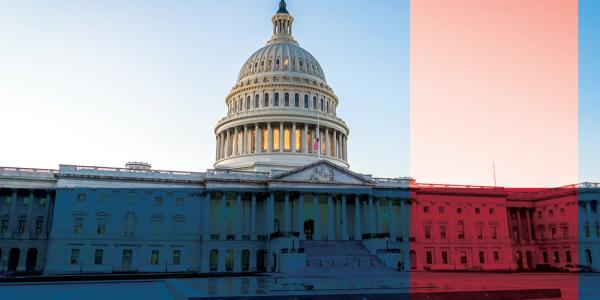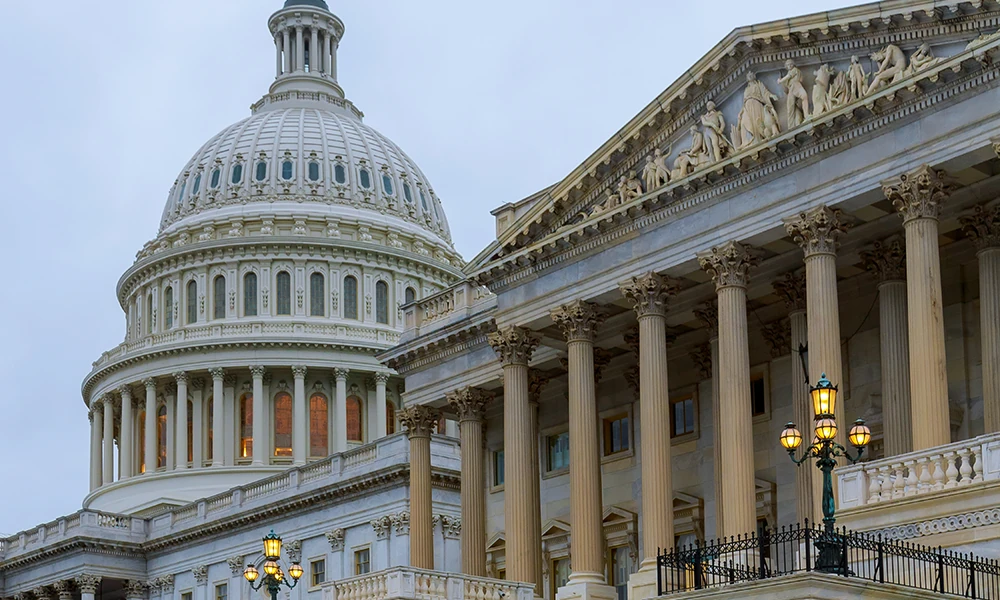One Step Closer for ESOPs with the Main Street Employee Ownership Act
TEA is pleased to share that recently the House of Representatives passed legislation, now heading to the Senate, that includes some strong provisions supporting ESOPs and employee ownership.
As you may know, each year Congress must pass a series of 12 appropriation bills to fund the federal government. Yesterday the House of Representatives passed legislation that grouped 7 of these 12 annual appropriations bills together. One bill included funding for the Small Business Administration (SBA), among other agencies.
Accompanying these appropriations bills is a Committee report that instructs federal agencies on how to use their funds. While Committee reports don’t have the force of law, they are carefully reviewed and followed by federal agencies. The SBA portion of the bill’s Committee report includes two victories for ESOPs.
First, language was included to fully implement and support the Main Street Employee Ownership Act. In 2018 the Main Street Employee Ownership Act was signed into law, which improved ESOP lending at the SBA and supported the transition to employee ownership in several ways. The SBA is in the process of implementing this law, and so the language in the House-passed Committee report emphasizes the MSEOA’s importance and the urgency needed to see it put into place.
Second, the Committee report also includes a provision that addresses the need for more education related to business succession planning. While not mentioning ESOPs and employee ownership directly, TEA has been pushing the issue of the “silver tsunami” and the need for business succession planning, and can work with the SBA or others to increase awareness about how employee ownership promotes sound business succession.
TEA is supportive of these provisions and will continue to monitor them as this legislation now moves to the Senate.
--------------
Employee Ownership.—The Committee recognizes that employee owned businesses are uniquely structured and provide wide-ranging benefits for businesses, workers, and the local economy. The Committee notes that the Main Street Employee Ownership Act, which Congress enacted in section 862 of Public Law 115–232, requires SBA to make structural changes in SBA lending programs to ease the challenges faced by employee-owned businesses in accessing financing. This legislation also requires SBA to use Small Business Development Centers (SBDCs) establish an employee owned business promotion program to provide assistance on structure, business succession, and planning. SBA is directed to fully implement these requirements. The Committee further directs SBA to work with the Departments of Agriculture, Labor, and Commerce to provide education and outreach to businesses, employees and financial institutions about employee-ownership, including cooperatives and employee stock ownership plans; provide technical assistance to assist employees’ efforts to become businesses; and assist in accessing capital sources.
Small Business Succession Planning.—The Committee is concerned that more than 58 percent of businesses do not have succession plans. The Committee encourages SBA to work with its resource partners to develop guidance, training, best practices, workshops, and other resources to assist small business owners and entrepreneurs in establishing and executing a business succession plan. In addition, SBA should consider the development of a publicly available online toolkit that can be used by SBA and its resource partners to guide small businesses through the process of creating a business succession plan.







